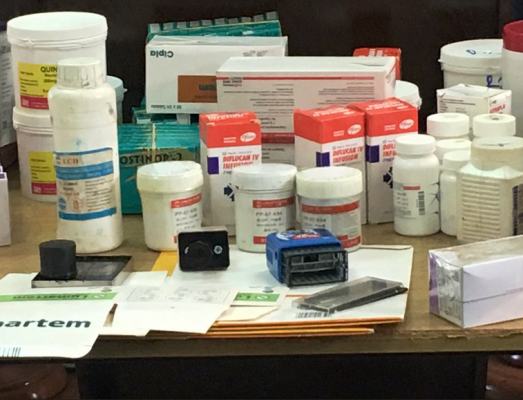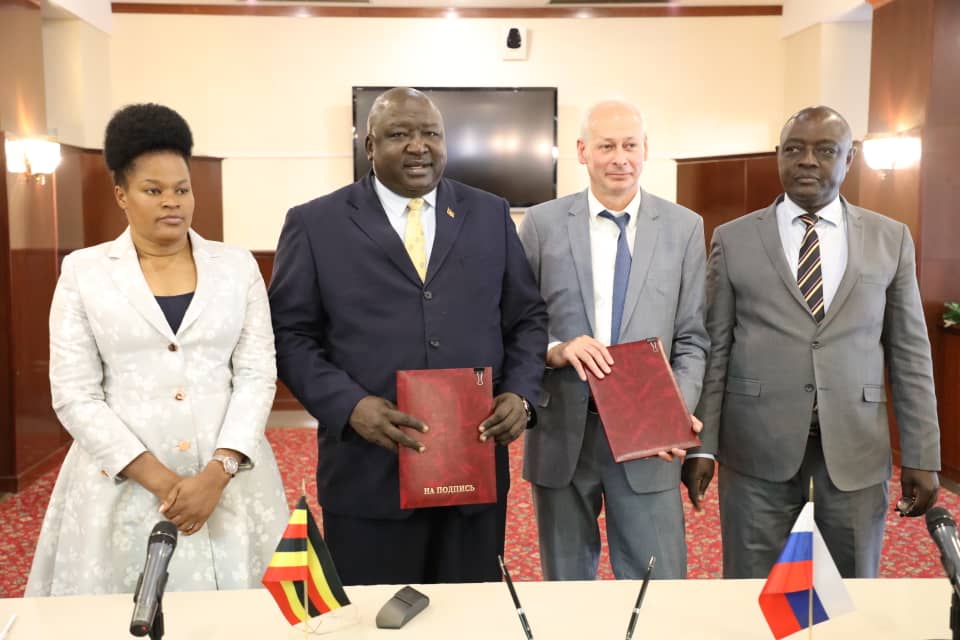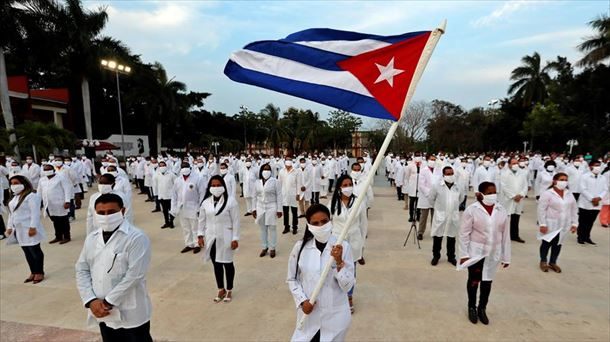MPs on Public Accounts Committee (PAC) Tuesday quizzed officials from Mbarara Regional Referral Hospital over failure to safely dispose of expired drugs, a thing Auditors say puts health of patients at risk.
The Mbarara Hospital team led by the Director Celestine Barigye, had been summoned to respond to queries raised in the 30th June 2018 Audit report by the Auditor General that highlighted a number of issues eating up the facility meant to treat most of the patients from Western Uganda.
The report highlighted that whereas Part 9 of the Management of medicines and Health Supplies Manual 2012 requires that expired items should be properly recorded, placed in designated area and destroyed in accordance with the local regulations, this wasn’t the case when an impromptu inspection was conducted.
An audit inspection of the hospital drug store revealed that some drugs had expired, with the Auditors arguing that expired drugs may result into high destruction costs and there is a risk of them getting distributed back to the market.
When asked about the matter, the hospital management explained that they had embarked on the strengthening the hospital medicines and therapeutic committee which could oversee proper quantification of needs, check on slow moving items and see how to redistribute them to other health facilities that may be in need.
However, when Committee Vice Chairperson, Okin Ojara asked the officials to provide evidence to that effect, the officials claimed to have left most of the documentations in Mbarara, prompting the MPs to warn the officials from taking Parliament for granted.
The Auditors pointed out that whereas Section 29(2)(b)of the Public Finance Management Act 2015 requires that revenue collected by a vote, state enterprise or public corporation shall be paid into and shall form part of the consolidated fund, this wasn’t the case when auditors looked into the hospital’s records.
On the contrary, the hospital collected Shs1.039bn as non-tax revenue but only Shs306.3m was remitted to the consolidated fund, implying that Shs733.67m was spent at source.
The report noted that spending at source could lead to diversion of funds, but the officials of the hospital defended the expenditure arguing that the hospital had to ensure that emergencies were responded to especially the Rift Valley Fever and the Crimean Congo fever that broke out with many cases received and treated outside the budget.
During the audit process, it was observed that there was a slight decrease in domestic arrears from Shs1.99bn to Shs1.92bn, but the auditors pointed out that the amount remains unsustainable and that this poses a risk of litigation and payment of penalties and fines for delayed settlement.
The Audit report also revealed that a number of medical equipment is obsolete, faulty and not in fair condition. Consequently, patients may be referred to other facilities to receive the same services hence putting their lives at risk.
A detailed report indicated a number of equipment that aren’t in existence including; Sunction machine foot used for sucking fluids, pus and blood from patients, resuscitation manual adult used for resuscitating new born babies not available, drill machine used to drill patients with orthopaedic cases not working, microscope binocular not functional, HIV Screening kit used for analysis of HIV Samples not available, Shaker UDRL rotator variable used for screening syphilis not available, HB lectrophoresis machine used for sickle cell testing not available, mammography for special examination of the breasts to detect masses of cancer, blood warmer used to warm blood before transfusion and infusion pump feeding unconscious patients were all not available.





